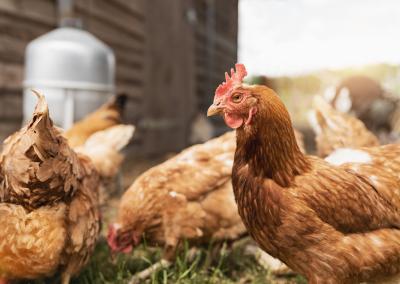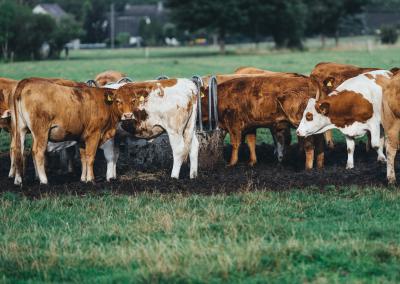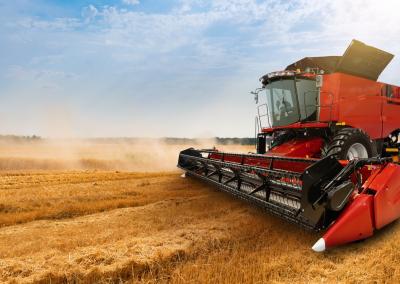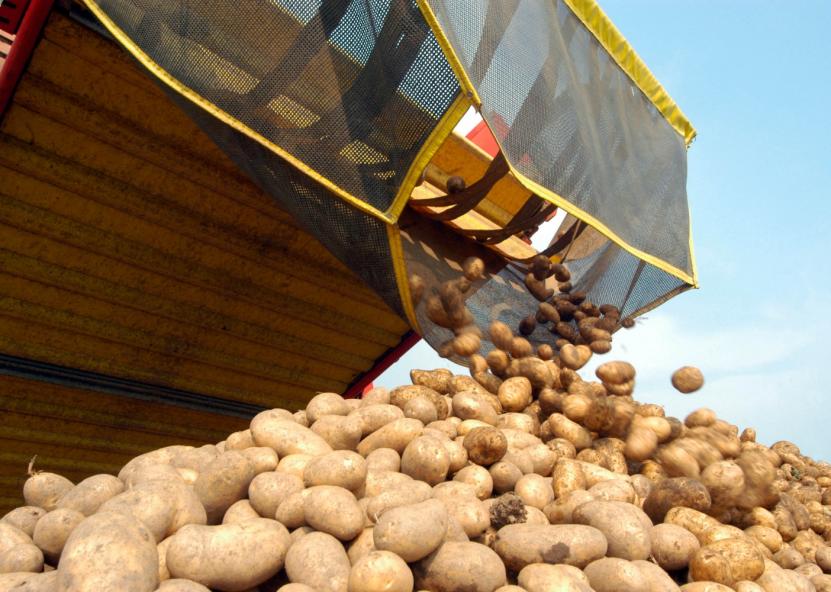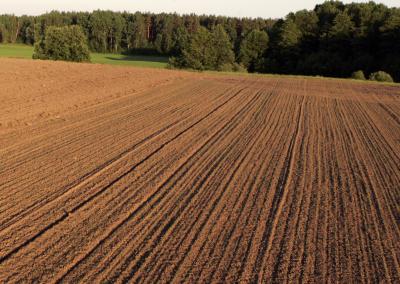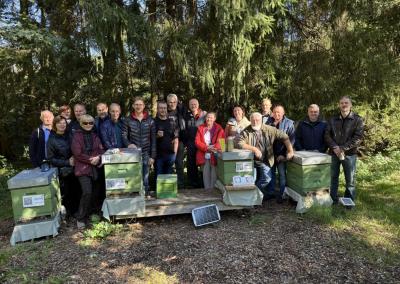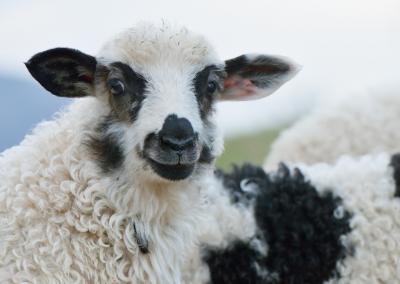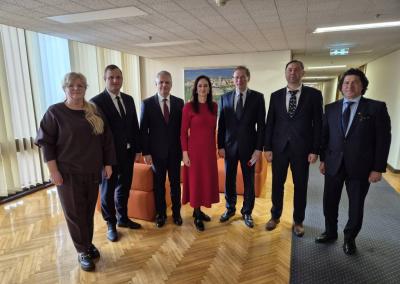Copa-Cogeca Potato and Starch Working Group meeting highlights the main concerns of growers
This year, the European potato market has been characterised by a significant surplus of potatoes, which has led to a sharp drop in prices and has created major challenges for all market players, especially growers, says Zofija Cironkienė, an expert at the Lithuanian Vegetable Growers' Association.
The potato area in the main potato producing and processing markets (Belgium, Germany, France, the Netherlands) has increased by 7% (to 608 000 ha; about 40 000 ha more than in 2024). The total harvest is expected to reach 27.3 million tonnes – an increase of 11% (2.65 million tonnes) compared to 2024.
According to the report, the markets cannot absorb this volume. Prices have fallen to their lowest level in several years. Futures prices (Leipzig) fell to €7.50 per tonne in August 2025. This compares with a price of €22–23 per tonne in March (planting season).
In Poland, wholesale prices have fallen to €0.05–€0.07 per kilogram according to some growers, which is several times below cost. Potatoes produced without a contract are often diverted to the cheapest channels, such as animal feed or biofuels.
European potato processors are reducing processing volumes due to increasing competition from India (exports up 35%) and China (exports up 75%), limiting sales of European products to Asian and Middle Eastern markets. Exports to the US are held back by a 15% import tariff.
The growers added to the statistical information with information on the most pressing problems in the sector:
• Lack of plant protection products: effective products have been banned and promised biological substitutes are not yet registered. Growing healthy potatoes is becoming riskier and more costly.
• Pests and diseases: new and existing pests (e.g. virus-carrying cicadas, potato leafhoppers) are spreading and there is a lack of effective means to control them.
• Climate change and environmental requirements: warm winters and the requirement to maintain soil cover over winter allow disease pests to overwinter in plant residues. This eliminates the effect of a longer rotation and promotes the spread of diseases already in spring.
In order to control pests and diseases in a sustainable way, growers are demanding that no more active substances are removed from the list until an effective one is registered. Remove requirements that hinder the implementation of agronomic measures in the context of warmer winters (e.g. adjusting ground cover/soiling requirements).
It also calls for a critical review of Regulation (EC) No 1107/2009, the establishment of research clusters and networks (national, international, interdisciplinary), the strengthening of cooperation between the chemical industry, research institutions and farmers, with the right incentives (financial, administrative) to promote innovation.
More honesty in the public debate on the importance and benefits of PPPs in ensuring local and affordable potato yields is sought.
Copa-Cogeca once again discussed the EC's proposals for the future MFF and CAP, which the EC calls "ambitious for an ambitious Europe".
But the main changes are that the two-pillar system is abolished. They are merged into a single financial fund under the broader umbrella of National and Regional Partnership Plans (NRPPs). In addition, the budget for agriculture is cut by around 20%.
„There will no longer be a separate, predictable rural development funding line, and investment and environmental measures will compete for resources with direct payments“, the report said.
Growers are concerned that if the NRDP model is adopted, environmental funding will no longer have a separate source, which risks distorting competitiveness due to the uneven funding of environmental schemes across EU countries.
The current Agricultural Reserve will be replaced by the "Unity Safety Net" to manage crises. This reserve is set to receive €6.3 billion for the period 2028-2034.

